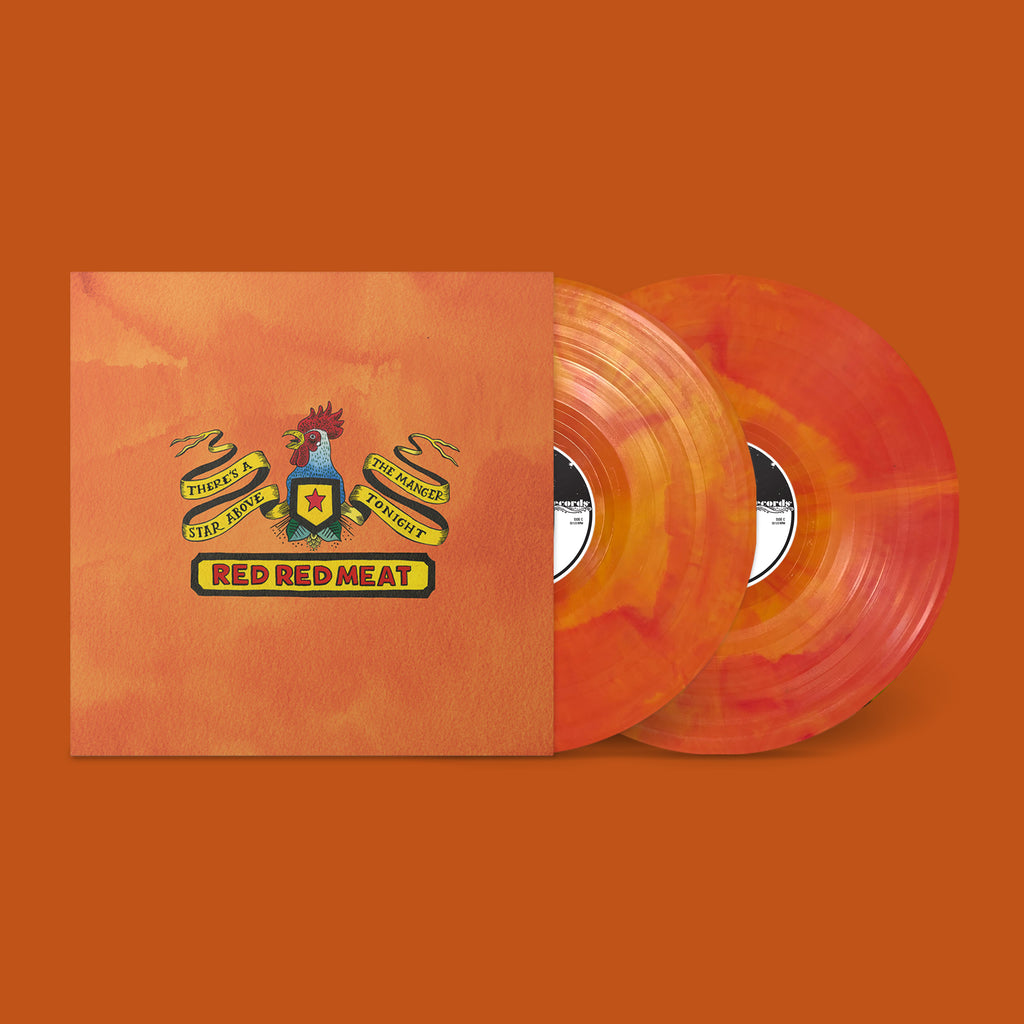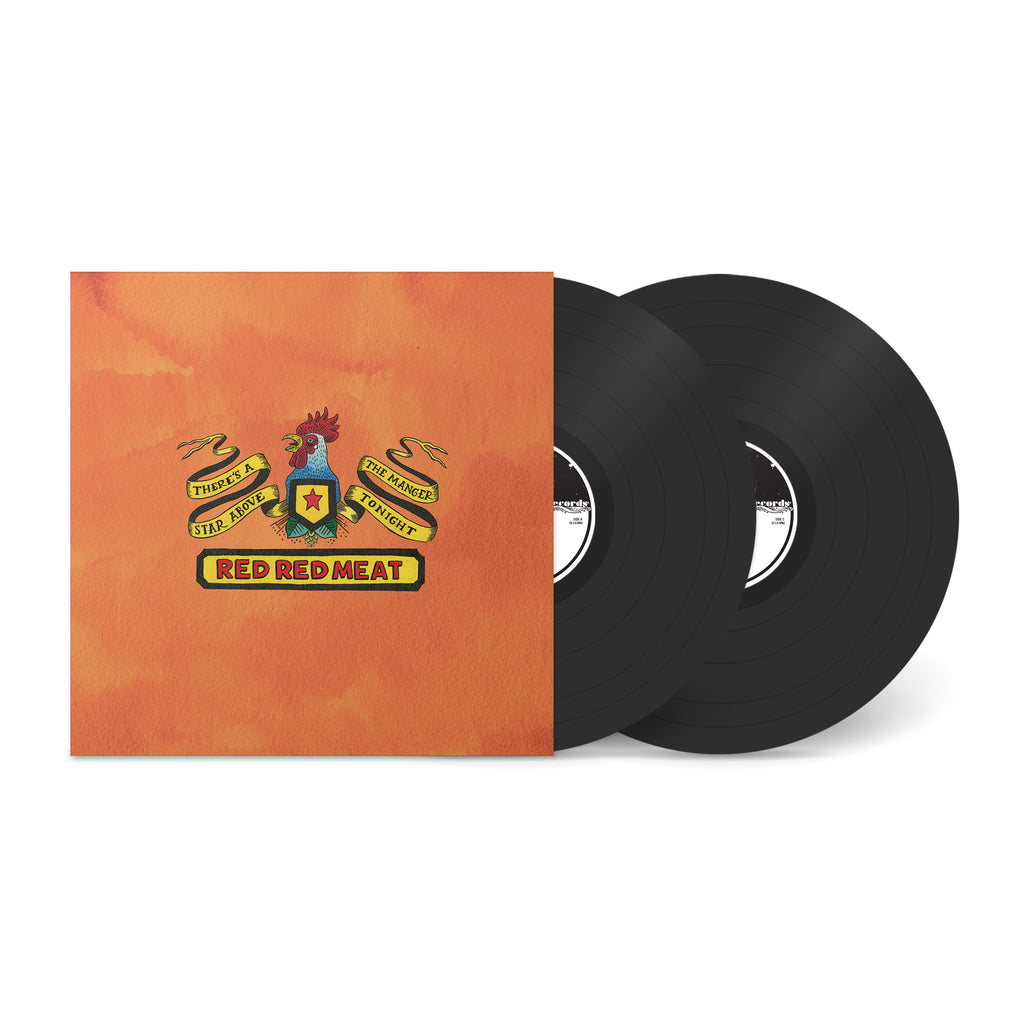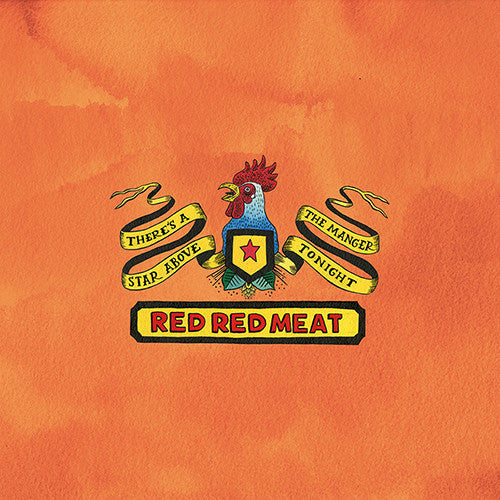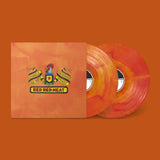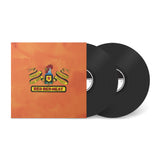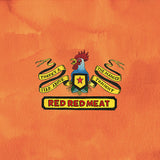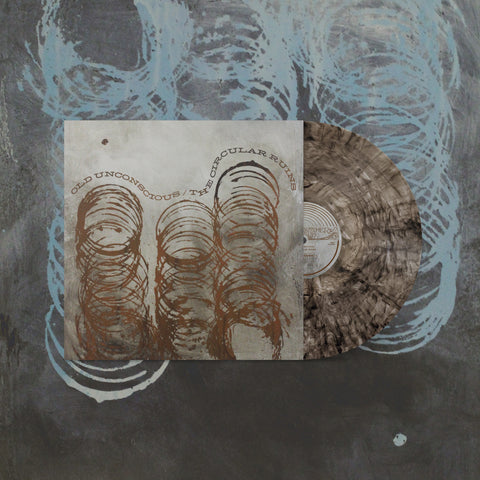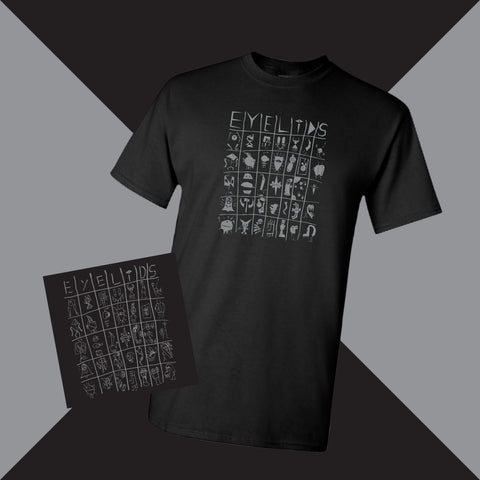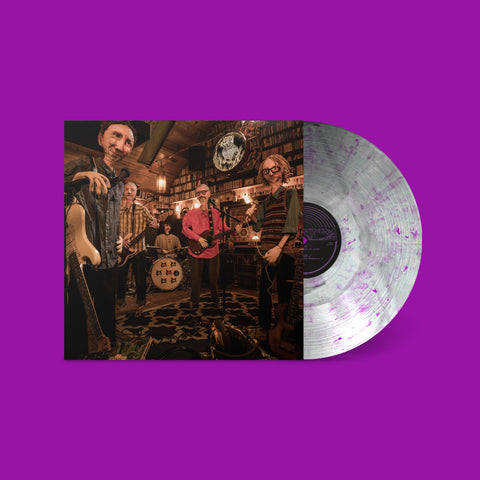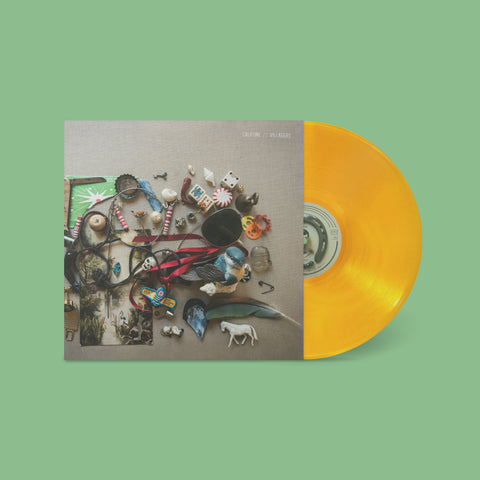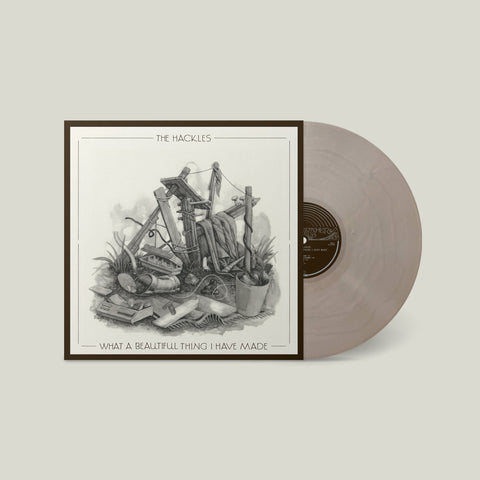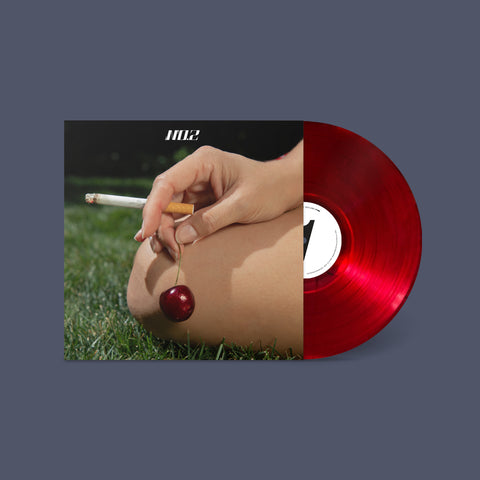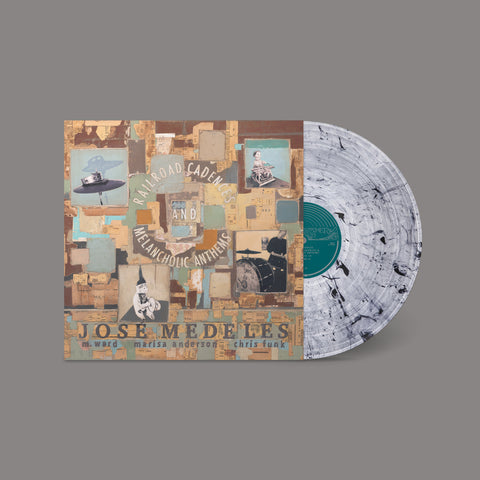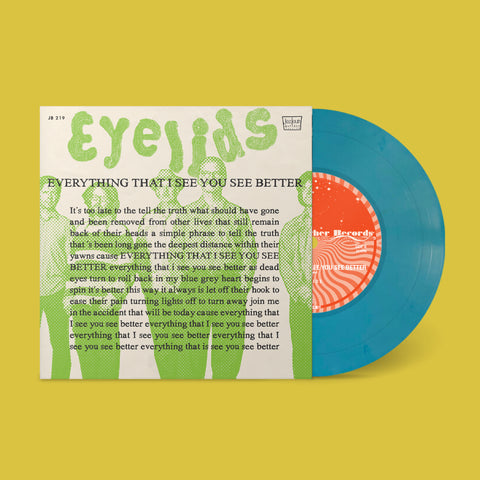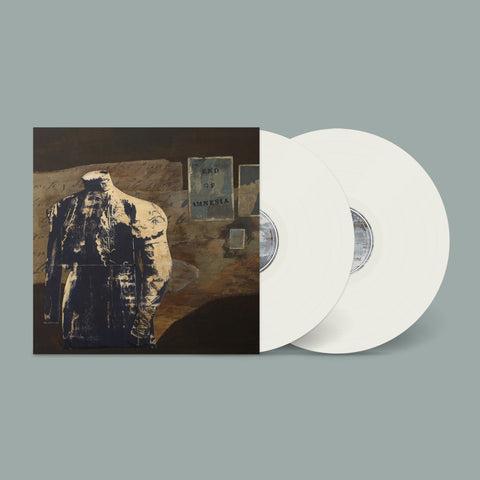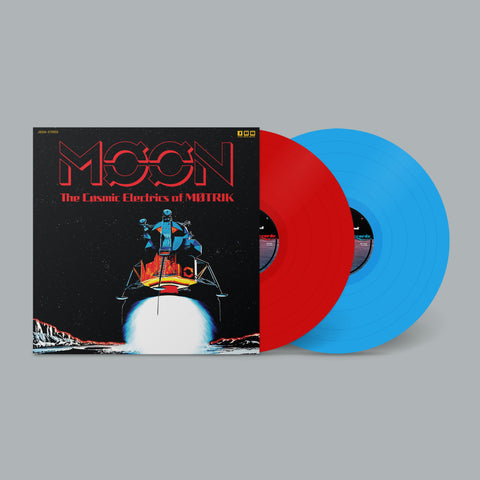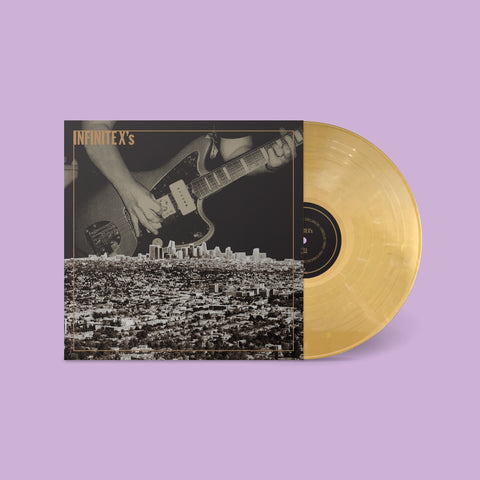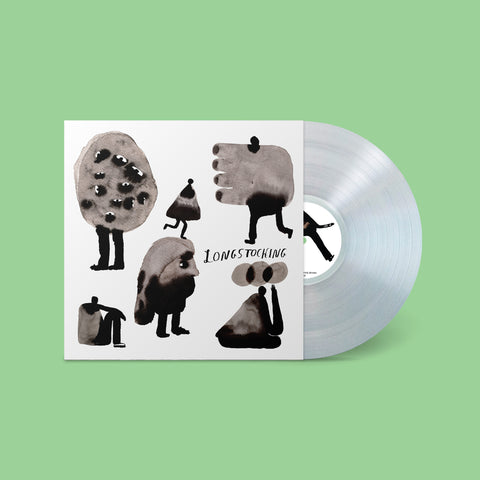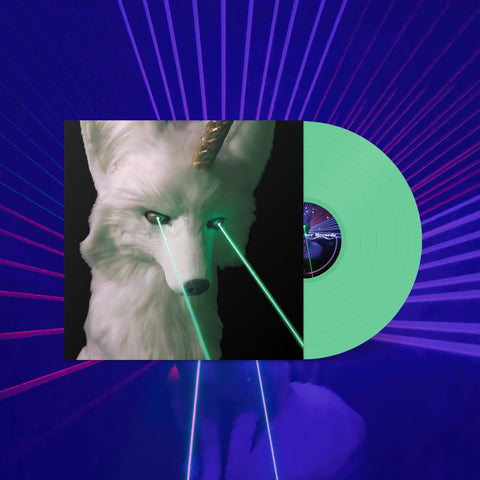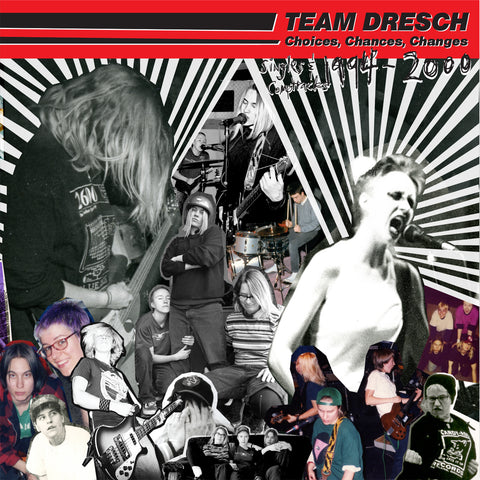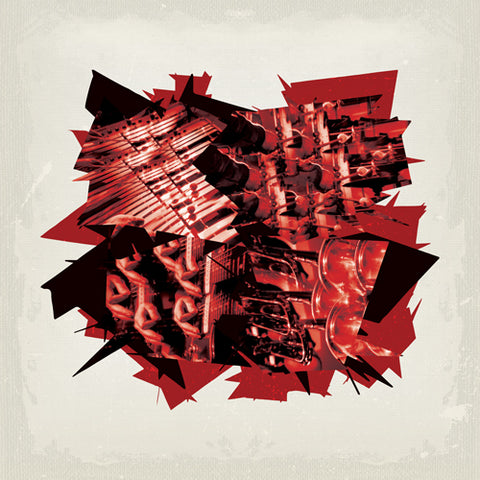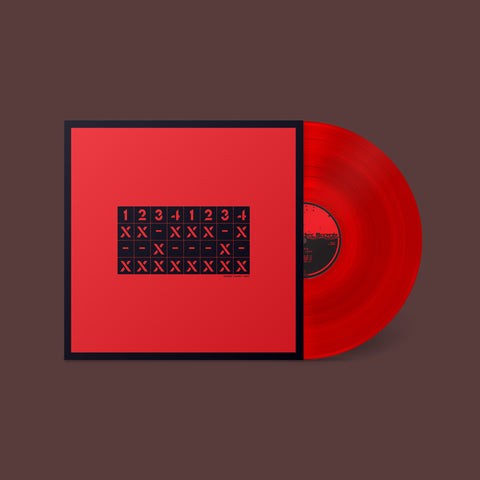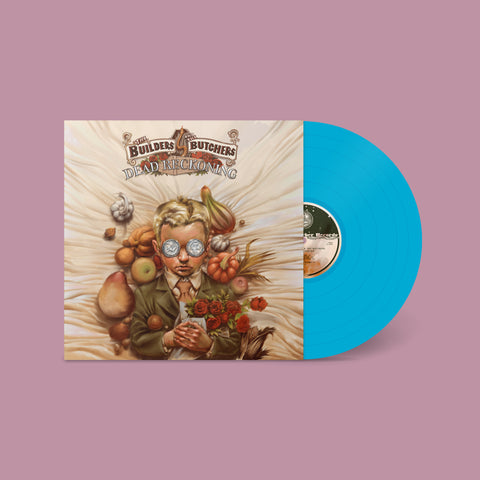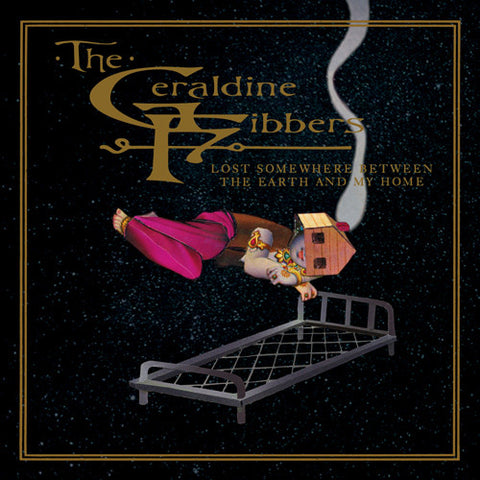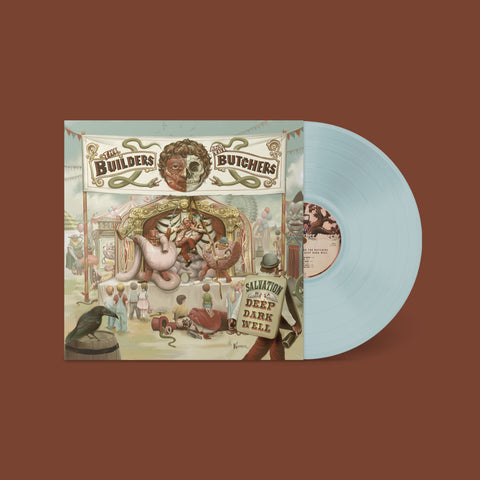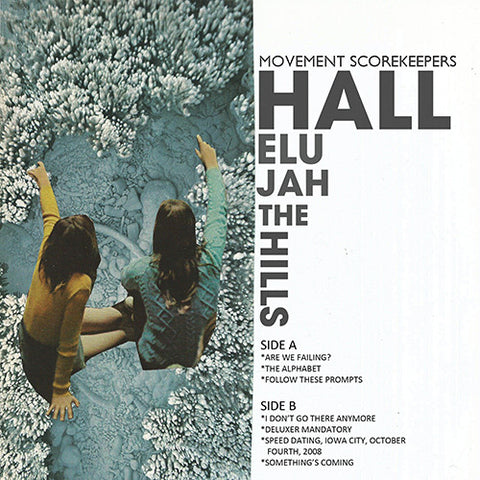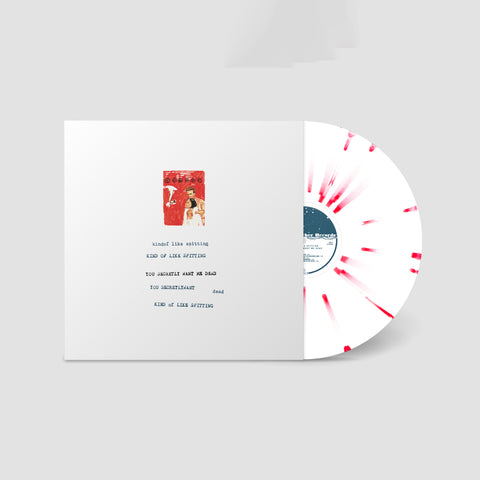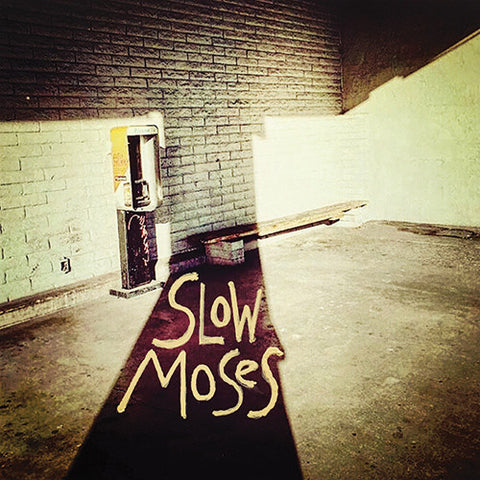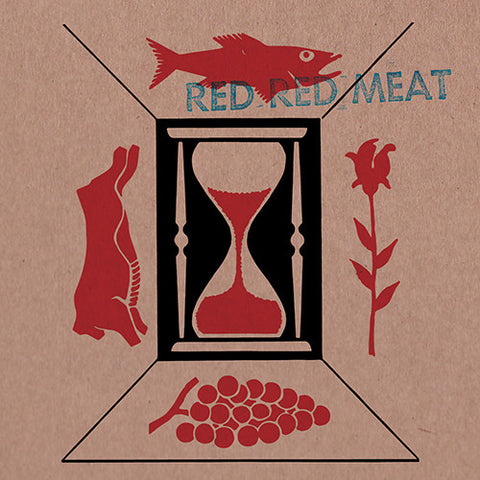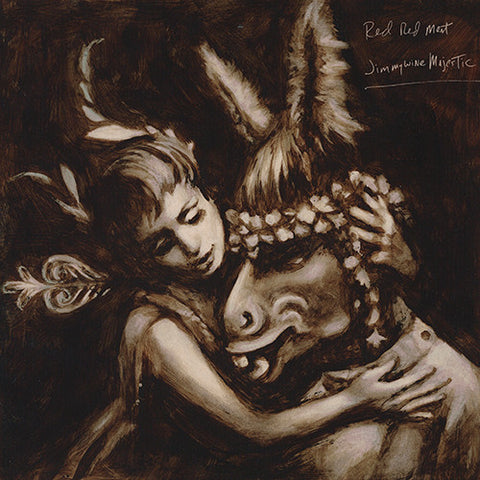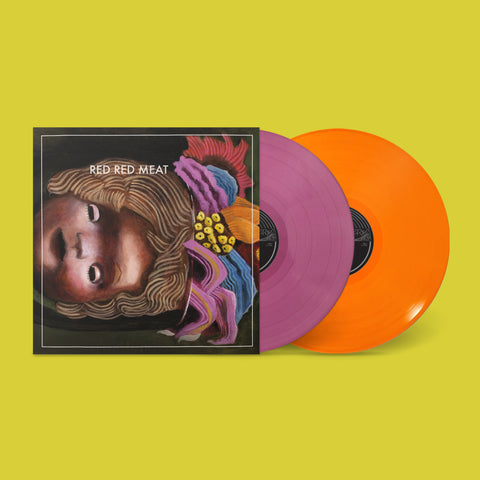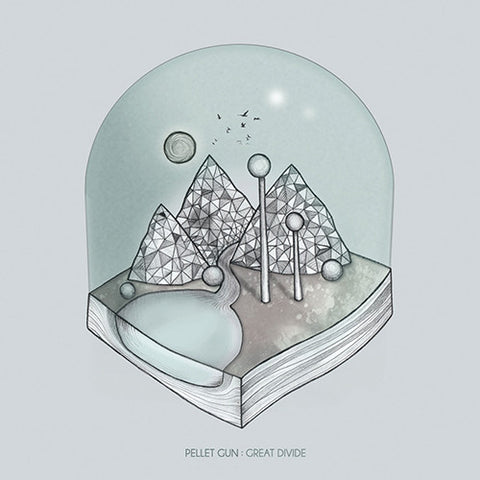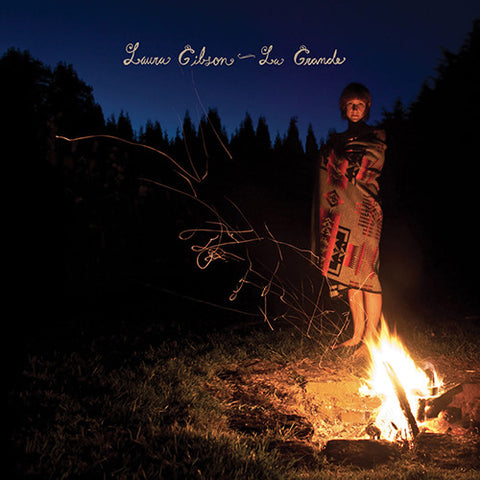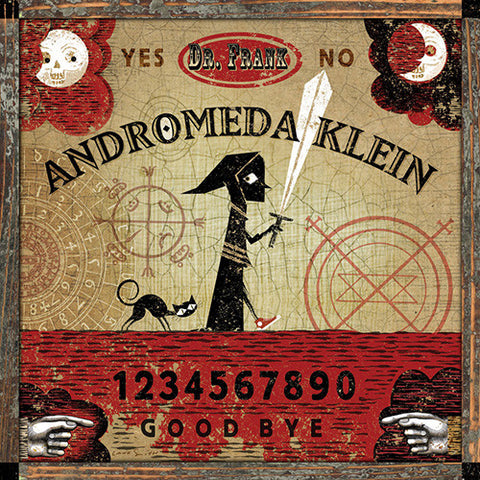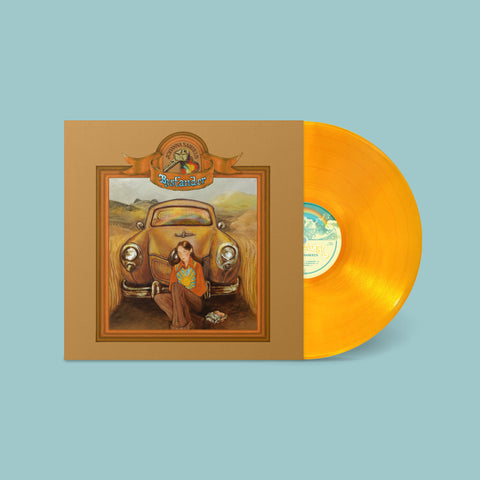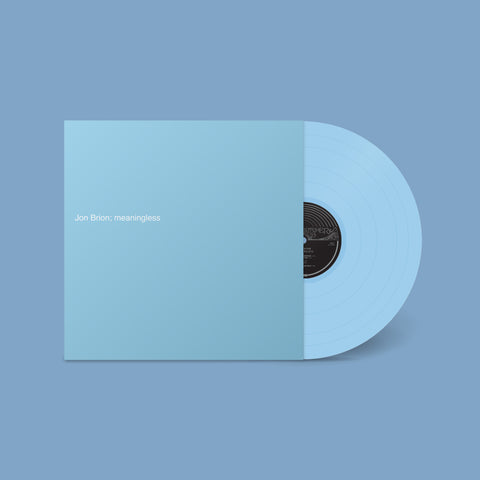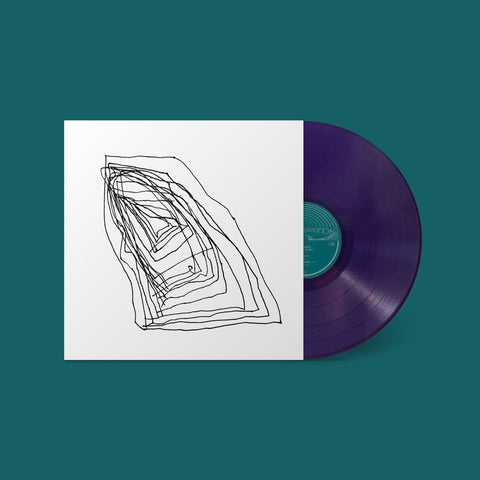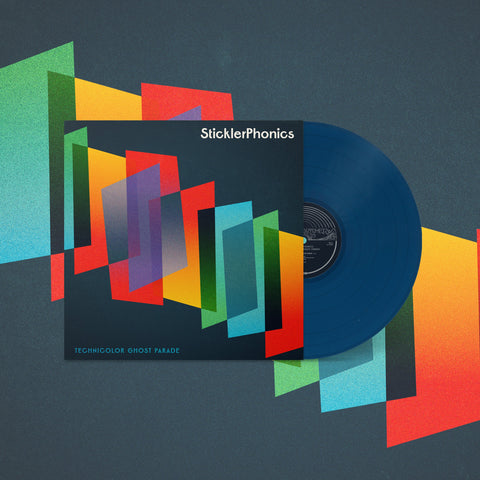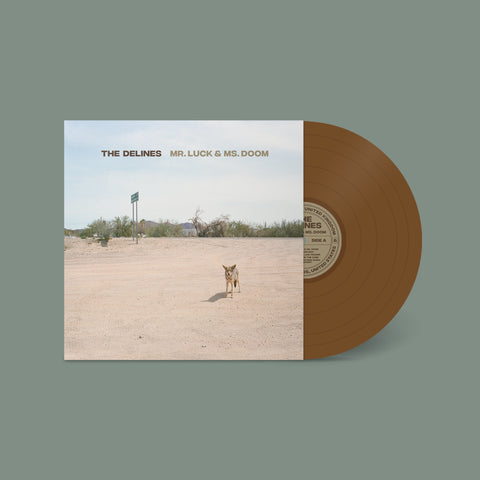Red Red Meat
There's A Star Above The Manger Tonight
Cat. No. JB114
$ 10.00
DETAILS
TRACKS
Side A
- Sulfur
- There’s A Star Above The Manger Tonight
- Chinese Balls
- Second Hand Sea
- All Tied
- Paul Pachal
Side B
- Bury Me
- Airstream Driver
- Mechanix (From Cold Milk)
- Quarter Horses (B-slow)
Side C
- Just Like An Egg On Stilts
- Pachal Revisited
- Welcome Christmas
Side D
- Tin Hands & Lazy Motors
- Milk For The Mechanics
- Snow Shoe Waltz
- Steal Away
RELEASE DATE
10/21/2014
With their final album, Chicago-based quartet Red Red Meat completed a journey started in the early ‘90s, concluding a study in evolution, moving from their shambolic blues rock roots into an experimental combo capable of synthesizing “a field recording with a Can aesthetic. Yet, There’s a Star Above the Manger Tonight is the sound of a band blooming even as it folds in – finding Tim Rutilli, Brian Deck, Ben Massarella, and Tim Hurley incorporating samplers, loops, and computers, marrying disparate threads of hip-hop, Krautrock, and dub to “folk forms, stomp and blues business.”
“As a single piece of music it was kind of a real demonstration of where Red Red Meat was at the time, crossed with everything that we were playing around with that would eventually become Califone,” Massarella says. Self-produced in DIY fashion in the back room of BJ’s Truck Stop, located located in the Bridgeport neighborhood of Chicago near the seedy stockyards, where the band’s members did double time washing out meat trucks, the record features moments of sublime beauty welded to abrasive noise. “A lot of times I remember being in that back room working on music, and when that bell rang we’d run out and work on a truck,” Rutili says. “We were covered in blood at that job. There was always blood. The dirtiness of the place definitely seeped into the music. That’s the dirtiest record we ever made.”
Brian Deck – who would go on to helm records by the Fruit Bats, Iron and Wine, and Modest Mouse – crafted the record with borrowed gear and a DIY mentality, referring to two very different albums each morning – Stevie Wonder’s Songs in the Key of Life and Brian Eno’s Here Come the Warm Jets. “I personally was trying to do things that I heard on those two records,” Deck says. “The sophistication of the Steven Wonder record was all in the musicianship and musicality – the recordings were very present and raw. I loved that dichotomy, and I was going for that. Which is a good thing, because I didn’t have the facility to go for anything else.” Songs like opening salvo Sulfur were built from the ground up, assembled piece-by-piece. “We were all doing different things; it wasn’t like everyone just picked up their instruments and we all played a song,” Hurley says. “Everyone was coming in with whatever struck them. What we were listening to at the time – Tricky, Bitches Brew, Brian Eno -- all that stuff kind of has little strains of timelessness that we responded to.” Ultimately, the record closed the book on Red Red Meat, but it introduced ideas that Rutili, Deck, Masserella, and Hurley would explore collectively and separately on future releases.
Conceived loosely as a “Christmas record” the album ended up more “a record about all time occurring simultaneously,” Rutili says. And in the records grooves it does – referencing Red Red Meat’s roots and forecasting the future efforts records the band members would explore as Califone, Loftus, and Sin Ropas.

